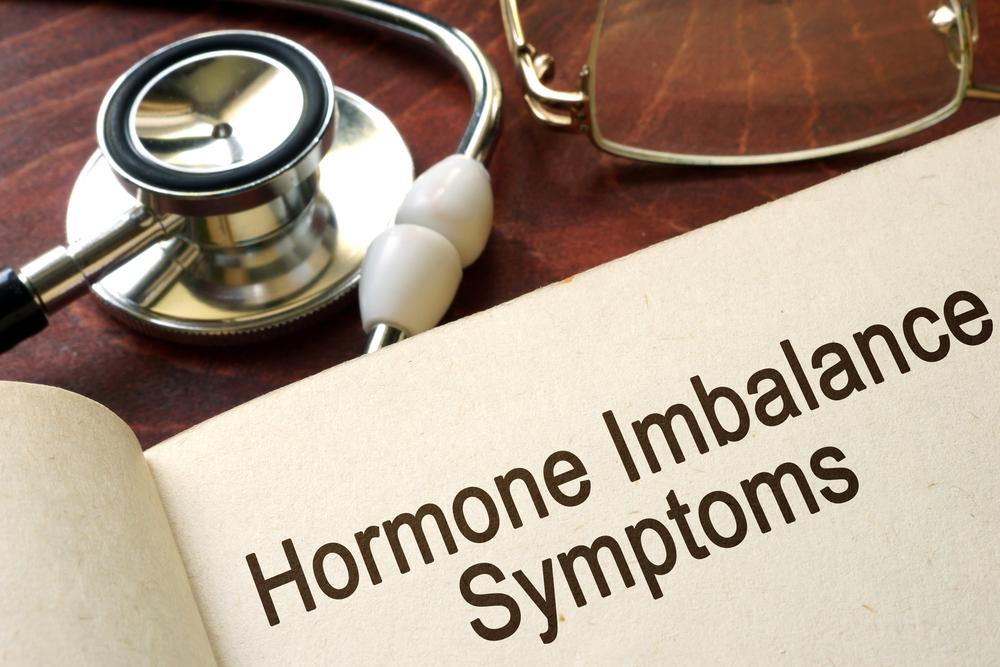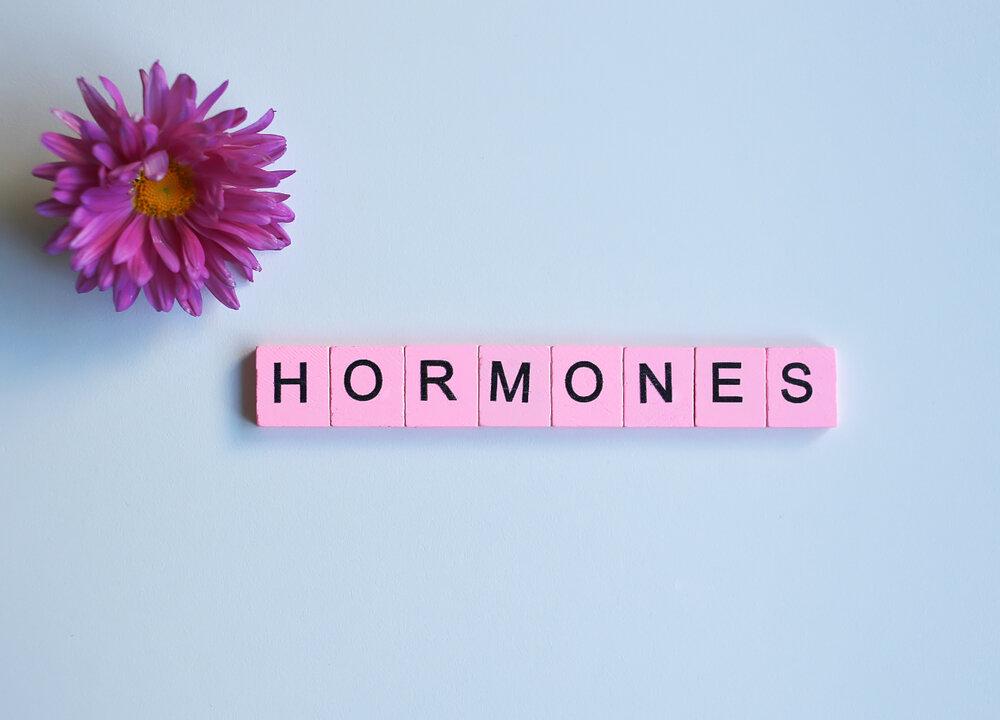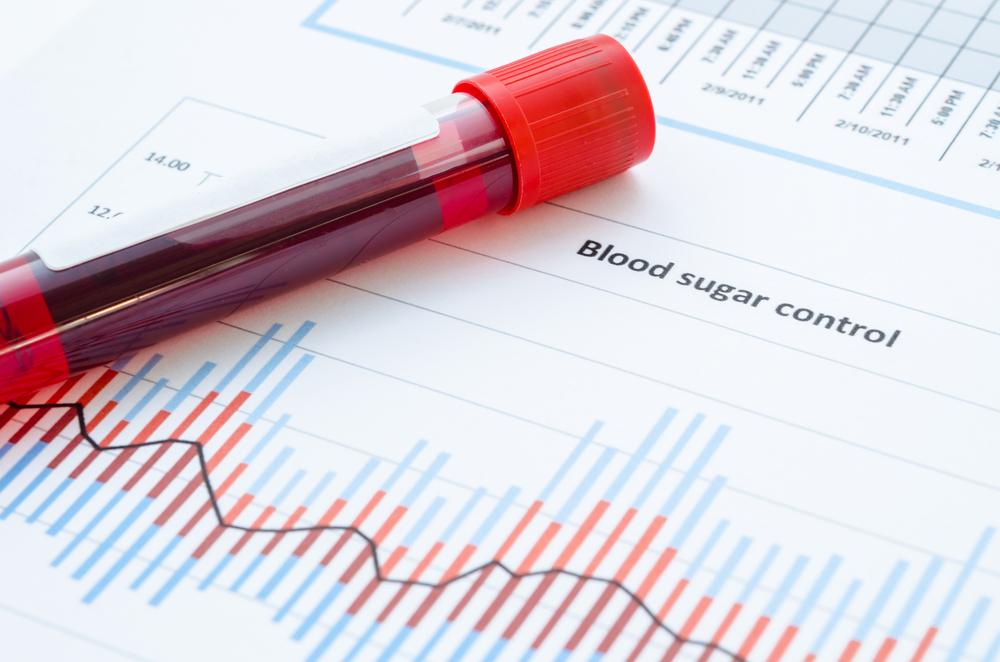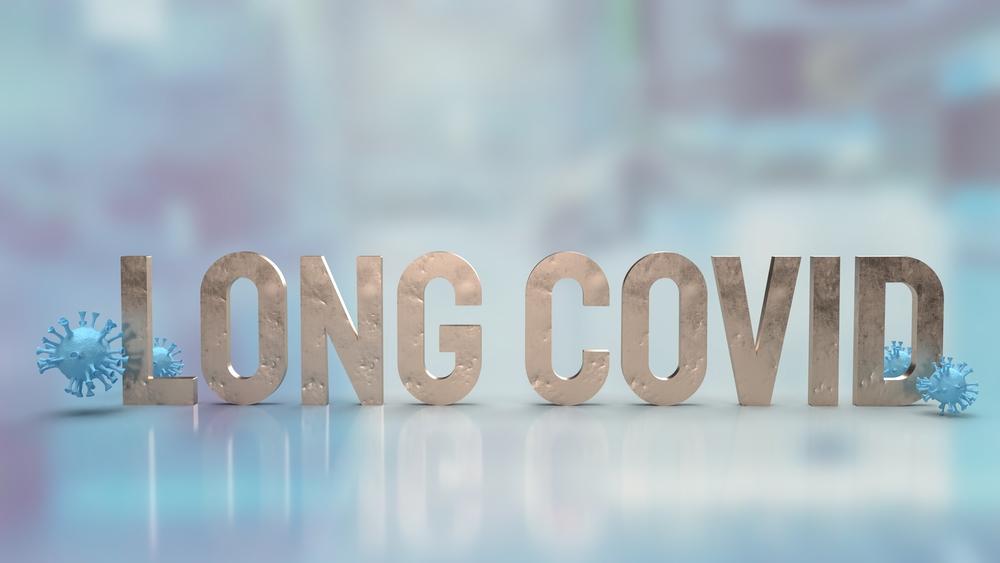Your body contains chemical messengers called hormones. Your hormones travel throughout your bloodstream to provide organs and tissues with instructions for what they need to do. This is partially how key processes in your body, such as your reproductive system and metabolism, are controlled.
When a hormone imbalance occurs, it means your body has too much or too little of a specific hormone. Even the smallest imbalance can have a serious impact on your entire body. Your hormones are similar to a recipe—if all the ingredients are not properly balanced, your recipe will not be right. Some levels will fluctuate during the course of your life due to natural aging. Other levels can become imbalanced when your endocrine system makes a mistake. Fortunately, there is a simple way to assess your hormone levels—hormone testing.
Do I have a Hormone Imbalance?
Your hormones are extremely important for your general health, which is why so many symptoms may indicate an imbalance. The symptoms you experience will depend on which glands have failed to work correctly and the specific hormones affected. The most common symptoms of an imbalance for both men and women include:- Fatigue
- Decrease or increase in heart rate
- Swelling, stiffness, or pain in the joints
- Need to urinate frequently
- Puffiness in the face
- Gain weight
- Become hungry more often
- Irritability, anxiety, or nervousness
- Sudden or unexplained weight loss
- Infertility
- Having bowel movements more often or constipation
- Roundness of the face
- Blurry vision
- Increase in thirst
- Dry skin
- Pink or purple stretch marks
- Depression
- Increased sensitivity to either heat or cold
- Fatty hump located between the shoulders
- Brittle, fine, or thinning hair
- Excessive sweating
- Muscle weakness
- Decrease or loss of sex drive
- Muscle stiffness, tenderness, or aches
Do I have Enough Testosterone?
One of the most important factors of male development is testosterone. If a man is not producing enough of this hormone, a wide range of symptoms can occur including:- Breast tenderness
- Loss of bone mass or osteoporosis
- Decreased or lost sex drive
- Erectile dysfunction (ED)
- Decrease in body hair and beard growth
- Difficulty with concentration
- Develop excess breast tissue
- Hot flashes
- Infertility
- Loss of muscle mass





